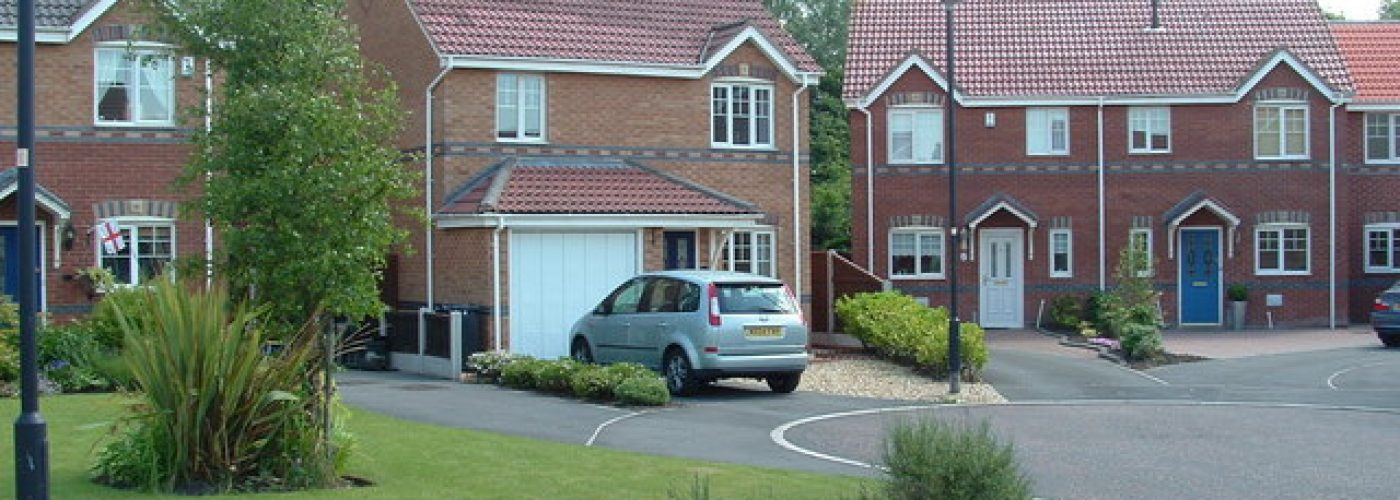Starting this month, increased pressure will be laid upon property landlords to have energy improvements maid to their properties, with UK tenants offered the ability to request improvements, only refutable with good given reason.
Although the change will not see additional costs for landlords (unless agreed otherwise), consent for improvements to be made is expected to be given widely; in fact, it has been announced that pressures will require very strong, unarguable reasons should they not wish to.
To afford the improvements, tenants will need to be able fund improvements at no cost to the landlord, yet, given the closing of the Green Deal, concerns have been raised as to just how easy it will be for tenants to find funding sources outside of their own private resource.
Yet, despite the difficulties to secure funding, both tenant and landlord and encouraged to consider energy improvement measures, proving beneficial to both parties from a cost saving and carbon emissions perspective. Yet, whether the costs will be perceived as worth the benefits without funding from the Green Deal, is unsure.
In addition to day-to-day energy savings, the National Association of Landlords also highlighted that energy-efficient improvements have also been proven to make properties far more saleable and attractive to the prospective buyer. In fact, it has been suggested by the National Association of Landlords that circa 35% of tenants stated that energy efficiency is one of the important factors which they consider when choosing for a new location to live.
As such, the National Association of Landlords is keen to encourage landlords to consider the potential benefits of undertaking energy efficiency improvements, highlighting not only the benefits for themselves, but also to the tenant and to the wider environment. Richard Lambert, Chief Executive Officer of the National Association of Landlords commented: “Many can be made with little or no upfront cost, and can have a positive impact on the lives of tenants, their lettings businesses, and the environment in general.”





